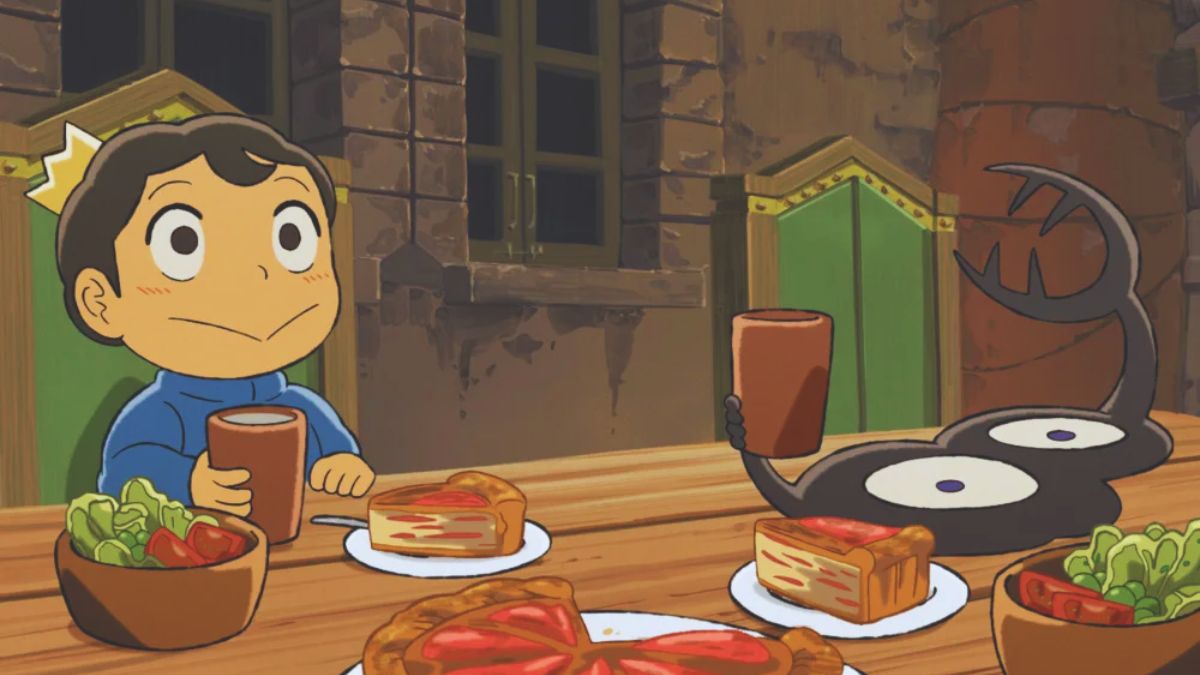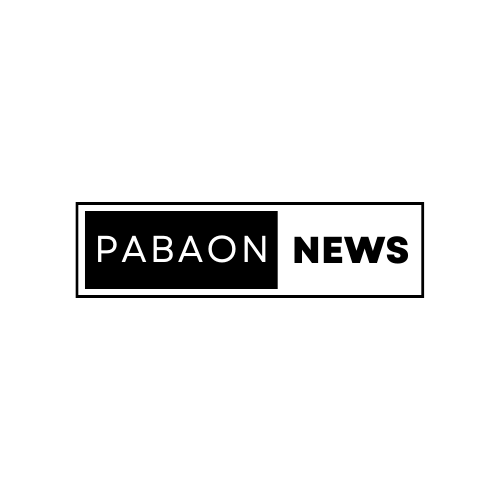Following two episodes of mostly lighthearted adventures starring Bojji and Kage, this week’s attention is directed toward Queen Hiling and Daida. The first part of the episode occurs roughly between episode 9 and Hiling and Ann’s appearance in episode 13 of the series. Any opportunity to spend more time with Bojji’s good stepmother is always welcome.
One of the main highlights of a story that, in retrospect, may have been too forgiving toward its less savory character members is how the narrative subtly showed her to be a brusque yet profoundly caring person over the course of the first season. The first section goes into more detail about Hiling and Ann’s previous relationship before she married Bosse.
Ann was revealed to have been her bodyguard while she was a clergywoman, and the two ladies have remained close ever since. Hiling travels with Dorshe to recruit Ann for their future battle for the kingdom since she is extremely upset by Bosse’s possession of Daida. Another knight is present as well, who may be Ann’s spouse or anything similar, but let’s ignore him in favor of this good ship.

I won’t accept any denials that Ann is a baby (and vice versa). In any case, much as in a decent video game, you can’t add a new player to your party unless you give them a reason to depart. As a result, Hiling, Dorshe, and Ann must kill several bandits who are terrorizing a nearby village in search of treasure. In the big picture, the segment’s actual plot isn’t very significant.
It is preferable to think of it as establishing Hiling’s character and how other characters feel about her. She is one of the more realistically depicted female characters in anime today. Her particular brand of conceit and impatience blend flawlessly with her commitment to acting morally. Because she is trying to do the right thing and help people, the audience can overlook her flaws.
The portion of Bojji and Daida, when they were younger, supports the brothers’ dynamic and contrasts how their connection altered as they got older. Daida didn’t have many redeeming traits when we first met him in season one. He and Bojji didn’t seem to have much of a caring sibling relationship, and it wasn’t until much later that we discovered this was the result of Miranjo’s deceit.
Daida’s impression of Bojji before the mirror entered the scene was very different. He is shown watching his bigger brother sneak away to explore outside the castle’s walls while expertly leaping around it. In contrast, Daida spends his entire waking day practicing his natural healing skill on a potted plant. The young king’s repeated attempts to communicate with flowers finally succeed when a combination of circumstances causes the lads to get lost in the forest during a downpour and Daida’s own pride causes Bojji harm.
I don’t think we’ve ever seen Daida employ his healing powers on his own before; the only time we’ve seen it was while Bosse was inside his body. These episodes continue to be quaint, with excellent direction and animation. Moving past comparing these minor stories to the main narrative is still a little challenging. The first season of the show was appointment television, but Treasure Chest of Courage challenges us to lower our standards for tales that give little more than “awww.”


